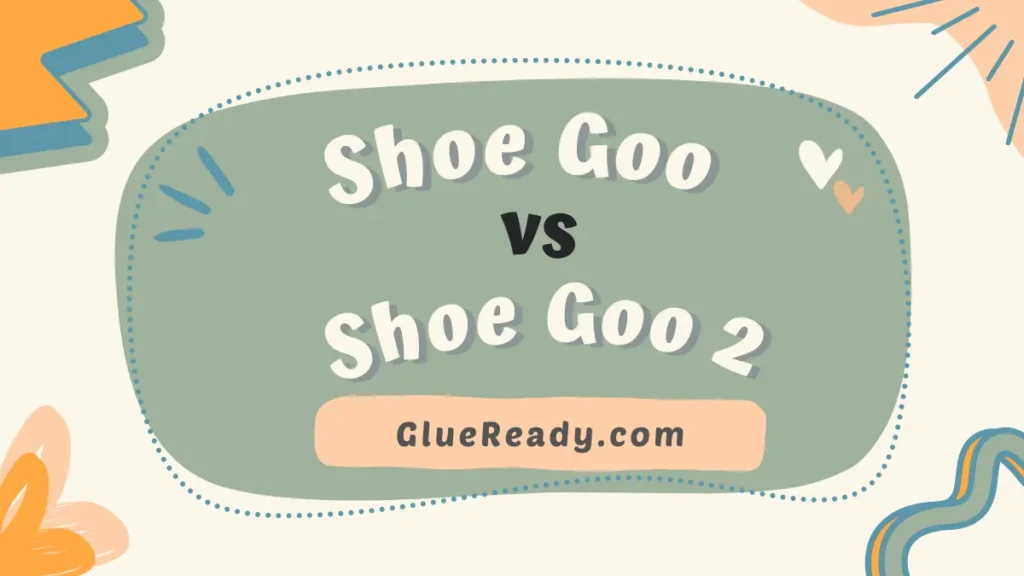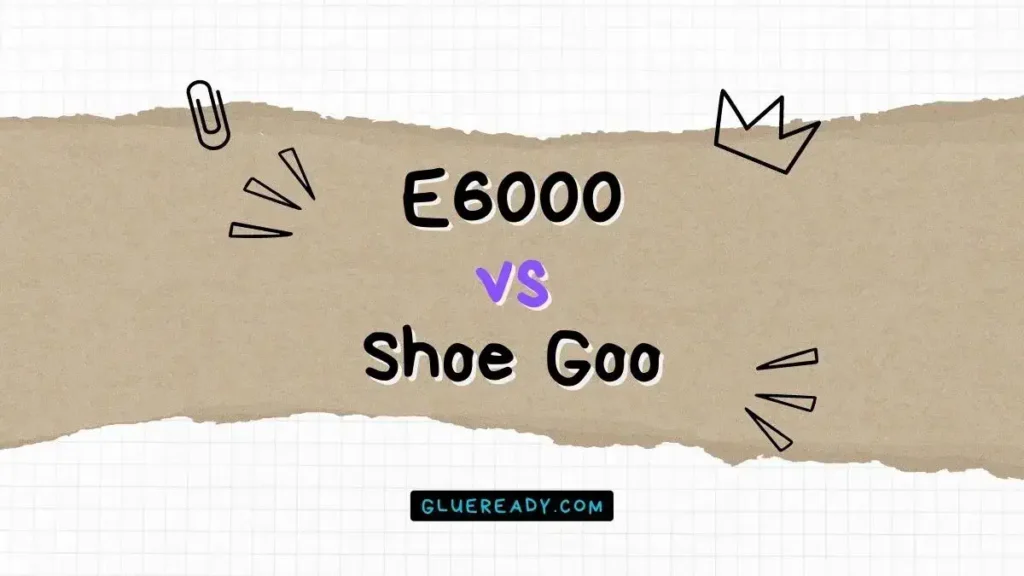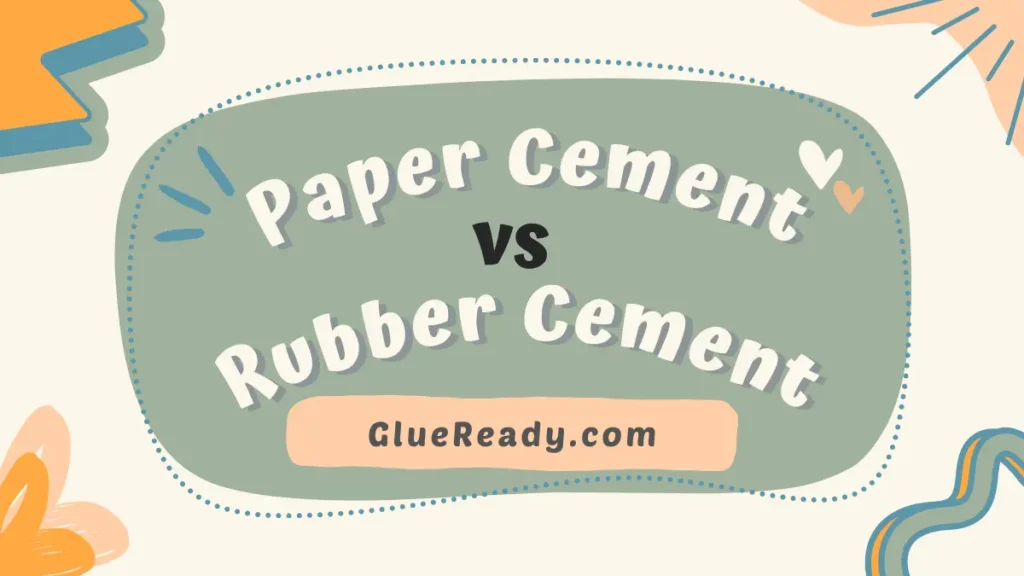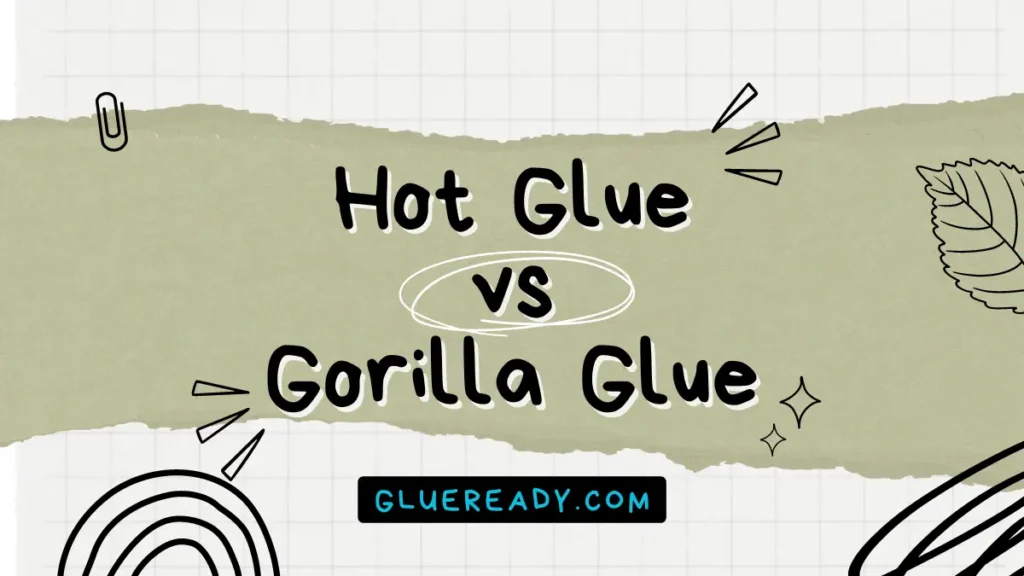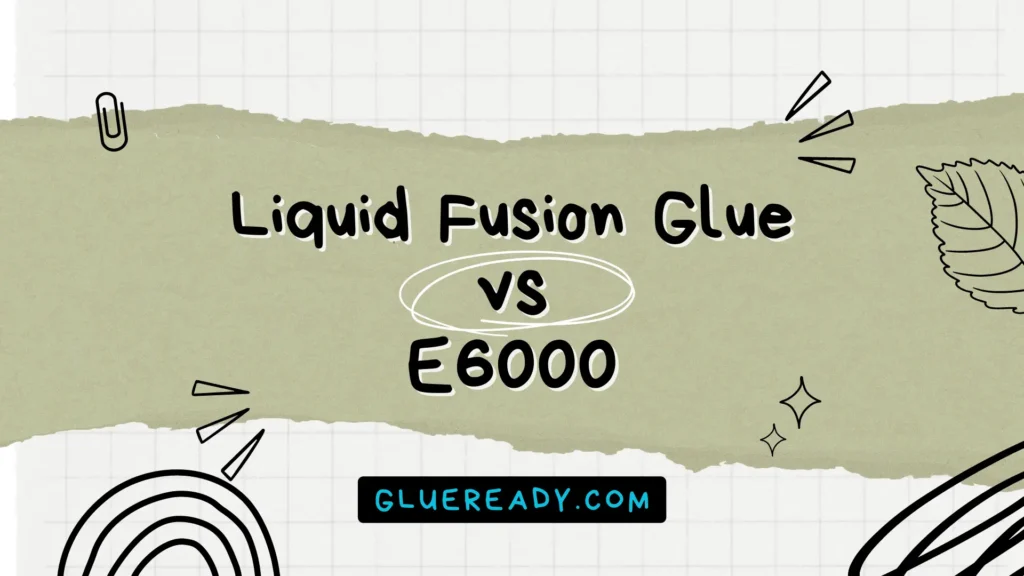CPVC vs PVC Glue | Extensive Analysis

There can be no overstatement of how important a secure and reliable connection is for plumbing and piping systems.
Choosing the right adhesive to bond your pipes is crucial in ensuring a leak-free and long-lasting system. Two common types of adhesives used in the plumbing industry are CPVC glue and PVC glue.
In this article, I will explore CPVC vs PVC glue, to help you make an informed decision for your plumbing needs.
Read More: Types of PVC Glue
PVC (Polyvinyl Chloride):
- PVC is a widely used plastic in various industries, including plumbing.
- It is a rigid, lightweight, and cost-effective material.
- PVC pipes are commonly used for water supply lines, drain lines, and irrigation systems.
- PVC glue, also known as PVC cement, is used to bond PVC pipes and fittings.

CPVC (Chlorinated Polyvinyl Chloride):
- CPVC is a variation of PVC that has been chemically modified with chlorine.
- It is more heat-resistant and can handle higher water temperatures than PVC.
- CPVC pipes are often chosen for hot water lines, residential fire sprinkler systems, and some industrial applications.
- CPVC glue, also called CPVC cement, is used to join CPVC pipes and fittings.

CPVC vs PVC Glue Comparison Table
| CPVC Glue | PVC Glue |
| Contains more chlorinated resin and less solvents | Contains less chlorinated resin and more solvents |
| Compatible with both PVC and CPVC pipes | Compatible only with PVC pipes |
| Has higher bonding strength and temperature resistance | Has lower bonding strength and temperature resistance |
| Harder to clean and may require more solvent | Easier to clean and may require less solvent |
| Toxic and can cause health problems if inhaled | Toxic and can cause health problems if inhaled |
Differences Between CPVC and PVC Glue
The main difference between CPVC and PVC glue is their chemical composition. CPVC glue contains more chlorinated resin than PVC glue, which makes it more compatible with CPVC pipes.
Now, Let’s know some other differences between CPVC and PVC glue.
Temperature Resistance
One of the primary distinctions between CPVC and PVC glue is their temperature resistance. CPVC glue is designed to withstand higher temperatures compared to PVC glue. This makes CPVC a better choice for applications where hot water is involved, such as hot water supply lines.
Application Areas
PVC glue is suitable for cold water applications and is commonly used for standard plumbing tasks. It is not recommended for use with CPVC pipes due to its lower temperature resistance.
CPVC glue, on the other hand, is specifically formulated for CPVC pipes and fittings. It ensures a strong bond that can endure the higher temperatures associated with hot water systems.
Compatibility
CPVC glue is not interchangeable with PVC glue. Attempting to use one type of glue on the other type of pipe will not create a secure and reliable connection. It is essential to match the glue with the corresponding type of pipe.
Regulations and Codes
Local building codes and regulations may dictate which type of glue to use in specific applications. Always consult with your local authorities or a licensed plumber to ensure compliance with local codes.
Is PVC And CPVC Glue the Same?
No, PVC and CPVC glue are not the same. CPVC glue can be used for both PVC and CPVC pipes, while PVC glue is intended to be used only with PVC pipes. CPVC glue dries and cures much faster than PVC glue.
Additionally, PVC glue contains Cyclohexanone, while CPVC glue does not have any Cyclohexanone in it. The amount of thickener is greater in CPVC glue, so it creates stronger and more dense PVC joints.
Read More: Is PVC Glue or PVC Cement Safe for Aquariums?
Can You Use Regular PVC Glue on a CPVC Pipe?
No, you cannot use regular PVC glue on a CPVC pipe. Regular PVC glue is not strong enough or compatible enough to bond with CPVC pipe.
If you use regular PVC glue on CPVC pipes, you may end up with leaks or cracks in your piping system. You should use CPVC glue for CPVC pipe, as it has more chlorinated resin and less solvents than regular PVC glue.
How Long Does CPVC Glue Last?
On average, PVC glue will hold on CPVC joints for two years. But if you apply CPVC primer before applying PVC glue, the joint will last up to three years.
However, it is important to note that the longevity of the joint may vary depending on factors such as temperature and pressure.
Is CPVC Glue Safe for Drinking Water?
Yes, CPVC glue is safe for drinking water. It is specifically designed for use in hot and cold water supply lines with CPVC pipes.
Read More: PVC Glue vs Cement
Final Thoughts
In the world of plumbing, choosing the right adhesive can make a significant difference in the performance and longevity of your piping system.
CPVC glue and PVC glue are designed for distinct purposes, with CPVC glue excelling in high-temperature applications and PVC glue being suitable for standard plumbing needs.
To ensure a leak-free and durable connection, it is crucial to select the appropriate adhesive that matches the type of pipe you are using. Remember to adhere to local building codes and consult with professionals when in doubt.
By making an informed choice between CPVC and PVC glue, you can maintain the integrity of your plumbing system for years to come.

